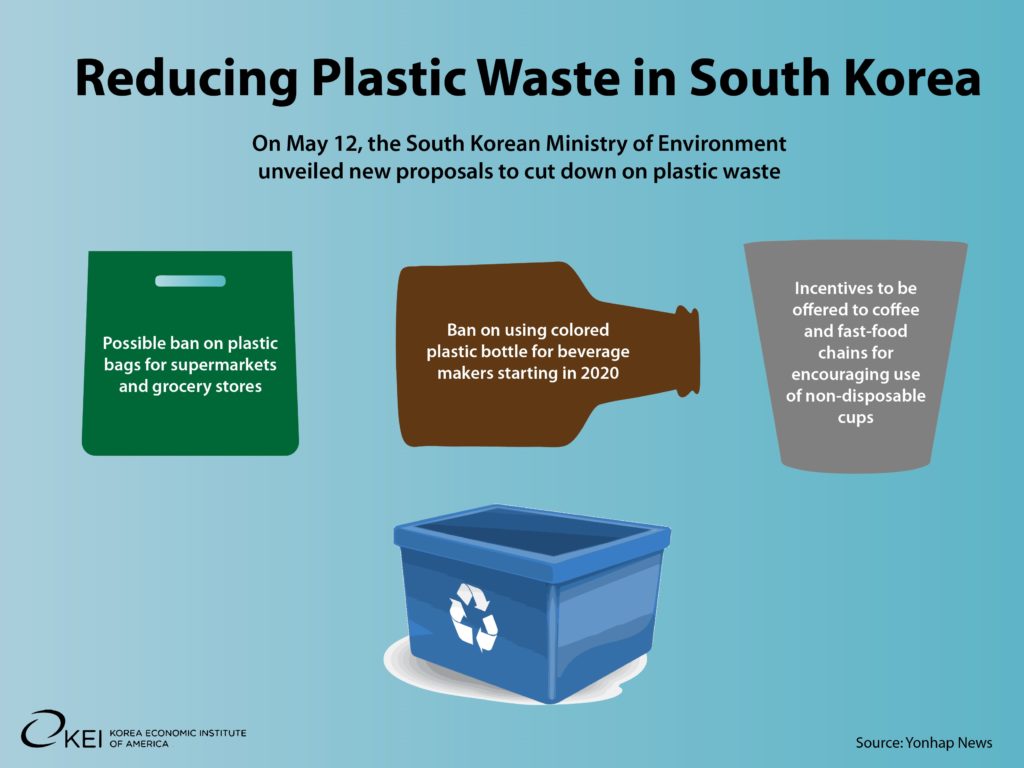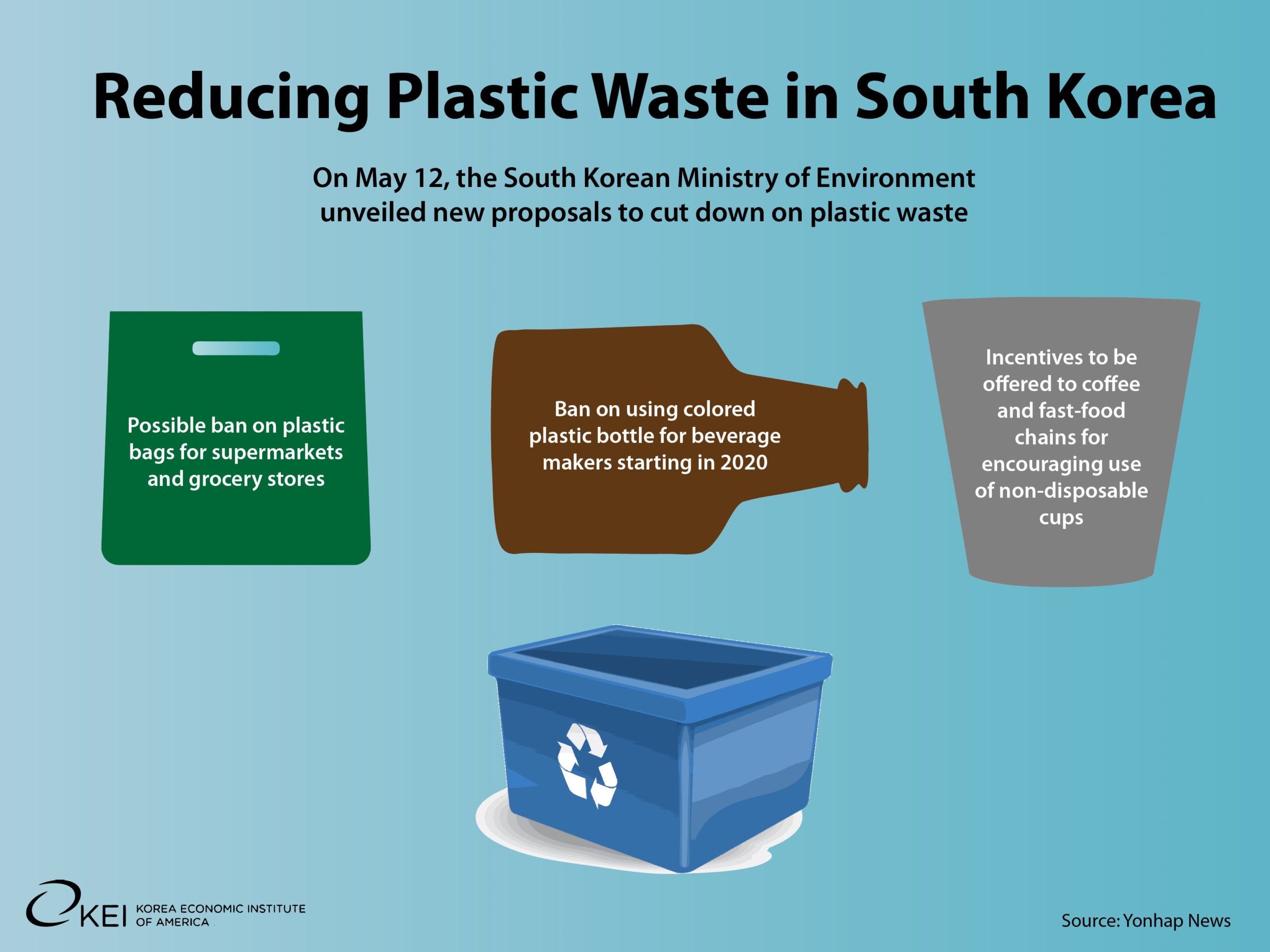The Peninsula
Life in Plastic, Not So Fantastic

By Jenna Gibson
After a sudden Chinese ban on waste and recycling imports threw countries around the world for a loop, the South Korean government is now scrambling to cut down on the amount of plastic waste that the country generates.
Last fall, Beijing shocked the world when it announced that it would no longer accept imports of certain types of waste, including several types of plastic and mixed paper, which countries around the world commonly sell to China for reprocessing. The Chinese government then doubled down this spring, adding 24 more categories to the list of banned waste imports. For years, nearly half of the world’s waste has been sold to China, but the government is now trying to cut down on their environmental footprint by accepting only higher-quality recyclables.
The announcement a few weeks ago sparked panic in South Korea, which is among the countries that sends large amounts of waste to China. The crisis reached a boiling point in early April when local waste collection companies stopped accepting certain types of plastic waste, claiming they could no longer sell those materials for a profit under the new ban. According to the Joongang Ilbo, “It caused chaos in many residential apartment complexes, where loads of plastic waste were stacked up and left uncollected for days.”
To cope with this major disruption in the global waste trade, the South Korean government has been forced to take drastic measures. They plan to completely ban grocery and convenience stores from offering plastic bags by the end of this year, and will incentivize coffee shops and fast food franchises to offer more reusable cups for customers who are dining in. In addition, beverage companies will have to phase out colored plastic bottles by 2020, using only clear plastic that is easier and cheaper to recycle. The government’s ultimate goal is to cut Korea’s plastic waste in half by 2030, and increase the recycling rate from 34 to 70 percent.

Other countries have imposed their own policies to deal with the Chinese ban – in the UK, for example, which used to send almost all of its recycled plastic to China and Hong Kong, has cut prices to sell their waste to countries like India, Indonesia, Vietnam, Germany and the Netherlands, and the government is discussing whether to add a tax on some plastic items. The EU has encouraged its members to ban single-use plastic items such as straws by 2030 – and some local governments, such as the city of Glasgow, went ahead and banned those products in municipal buildings effective immediately. Across the pond, Seattle just passed a similar ban which will take effect this summer.
This waste crisis has already disrupted the lives of the Korean population, and the government’s crackdown on plastic will likely take some getting used to. But often it takes a crisis like this to spur important and necessary change. So while Korea’s residents will likely need some time to get used to the new plastic laws, in the end the country will be better for it.
Jenna Gibson is the Director of Communications at the Korea Economic Institute of America. The views expressed here are the author’s alone.
Photo from European Parliament’s photostream on flickr Creative Commons.
